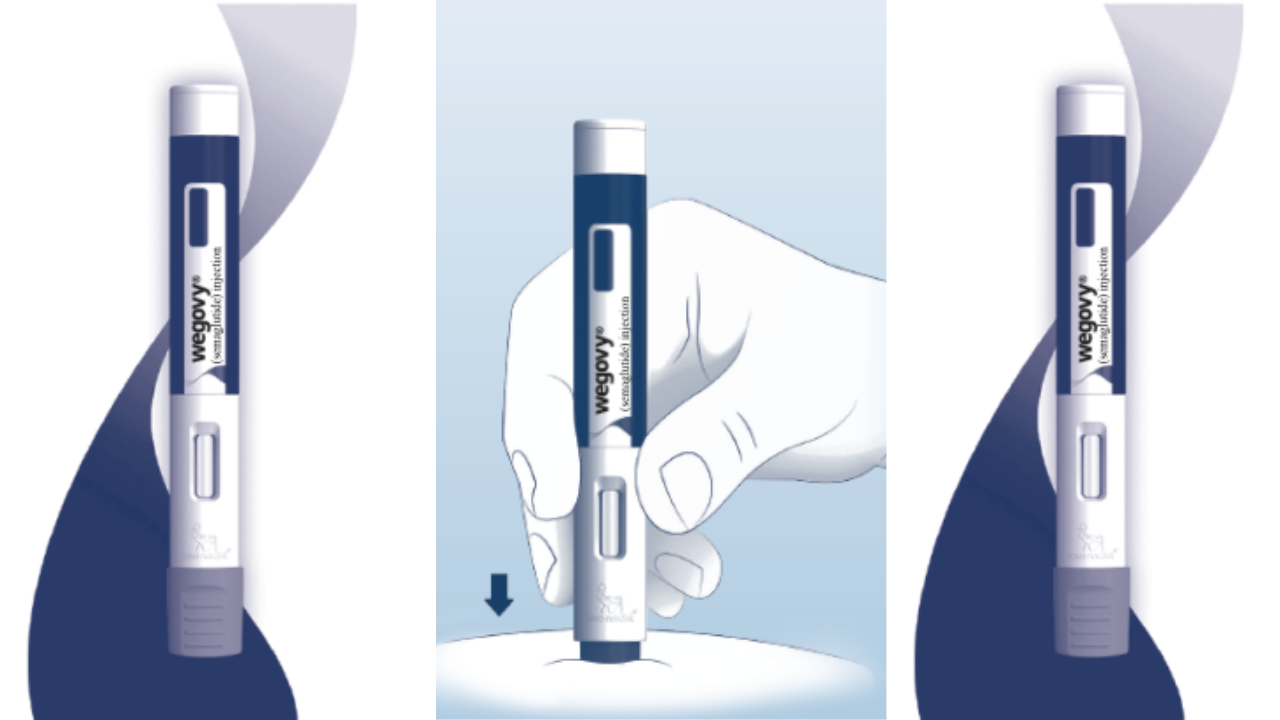Wegovy Approved For MASH Treatment With Fibrosis But No Cirrhosis

Credits: Wegovy
SummaryFDA has approved Novo Nordisk's Wegovy, one-weekly 2.4 mg semaglutide injection for treating metabolic-associated steatohepatitis (MASH) in adults. Know how the approval was given and what it means for Wegovy's future as a weightloss and diabetes drugs. Read on.
End of Article
